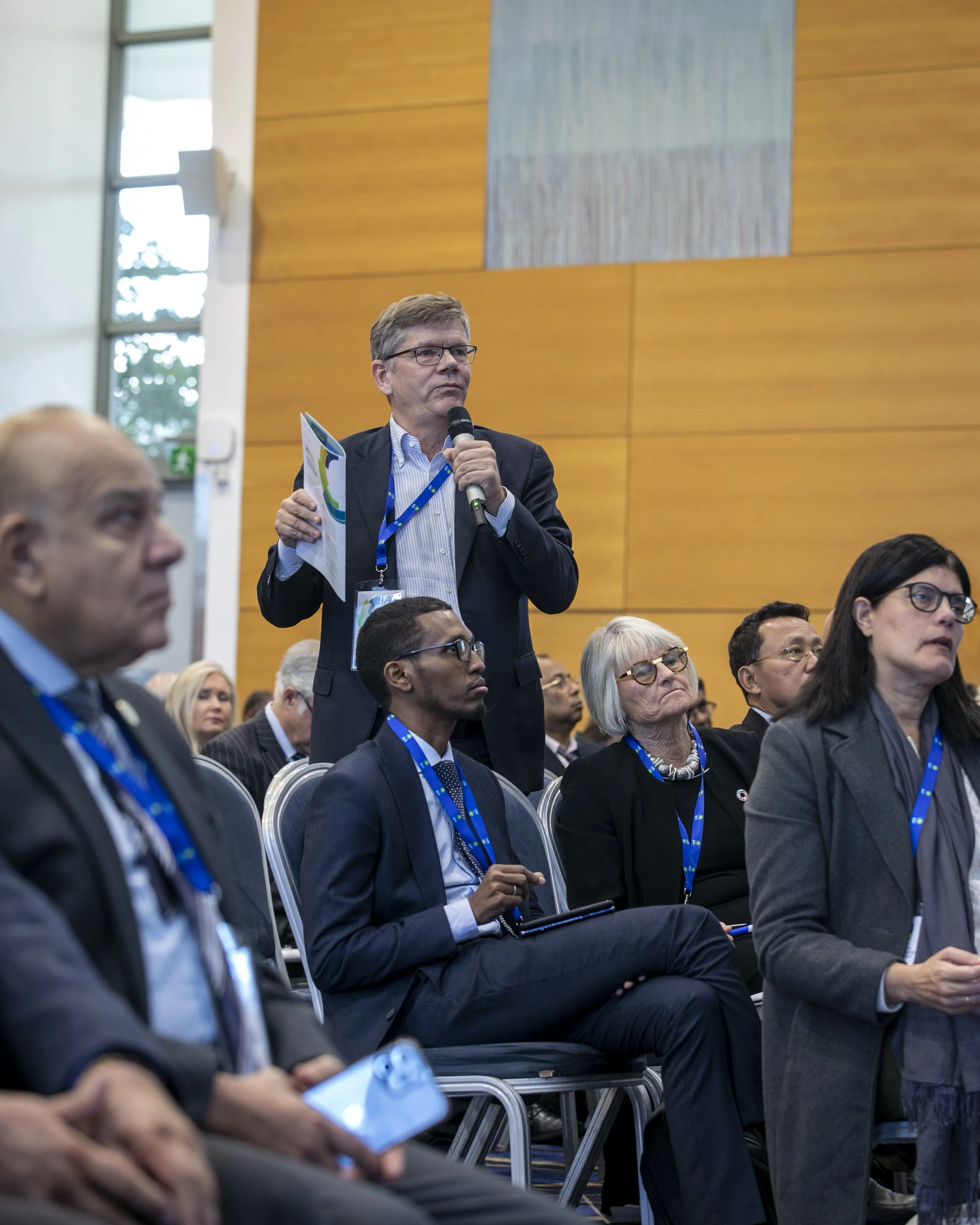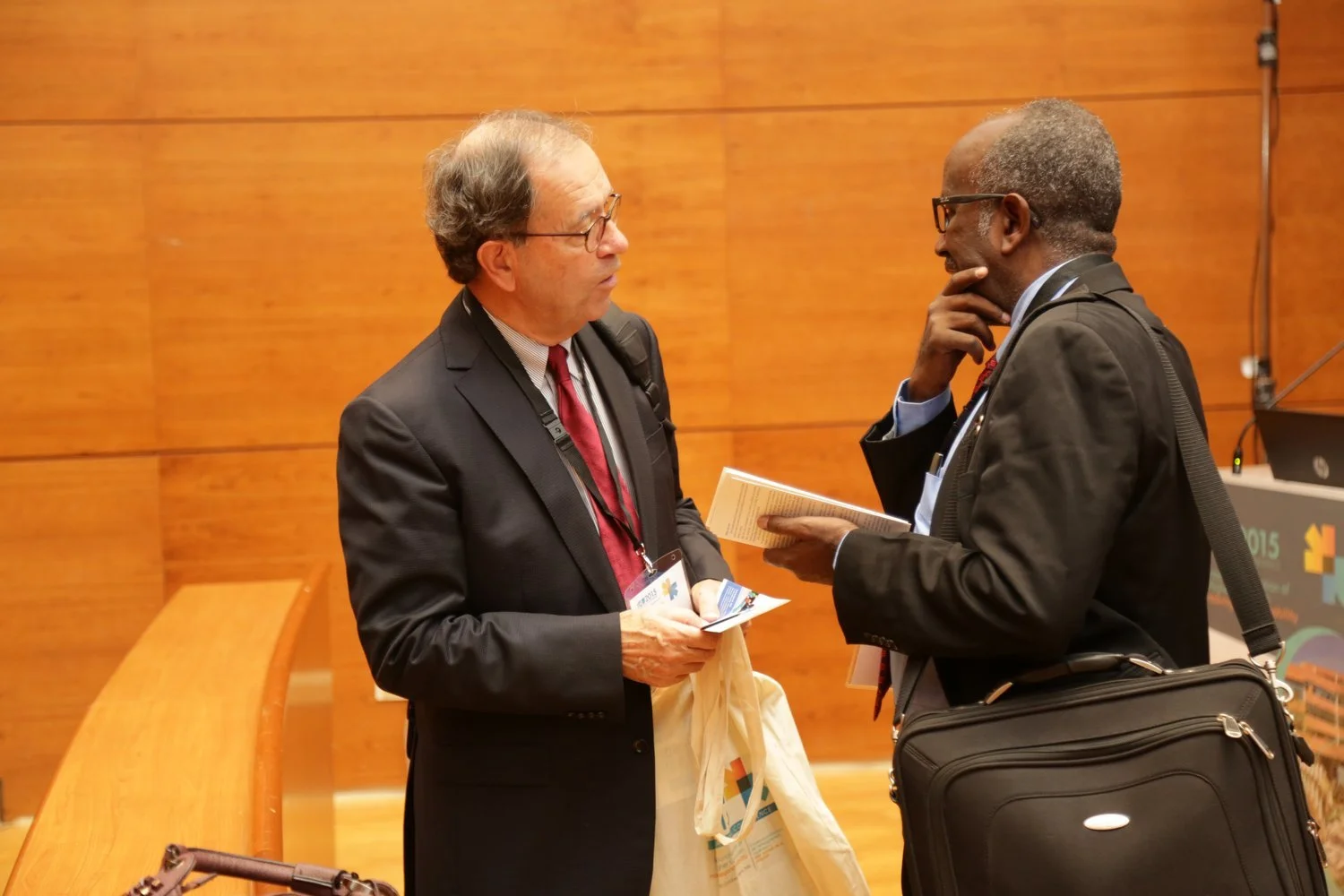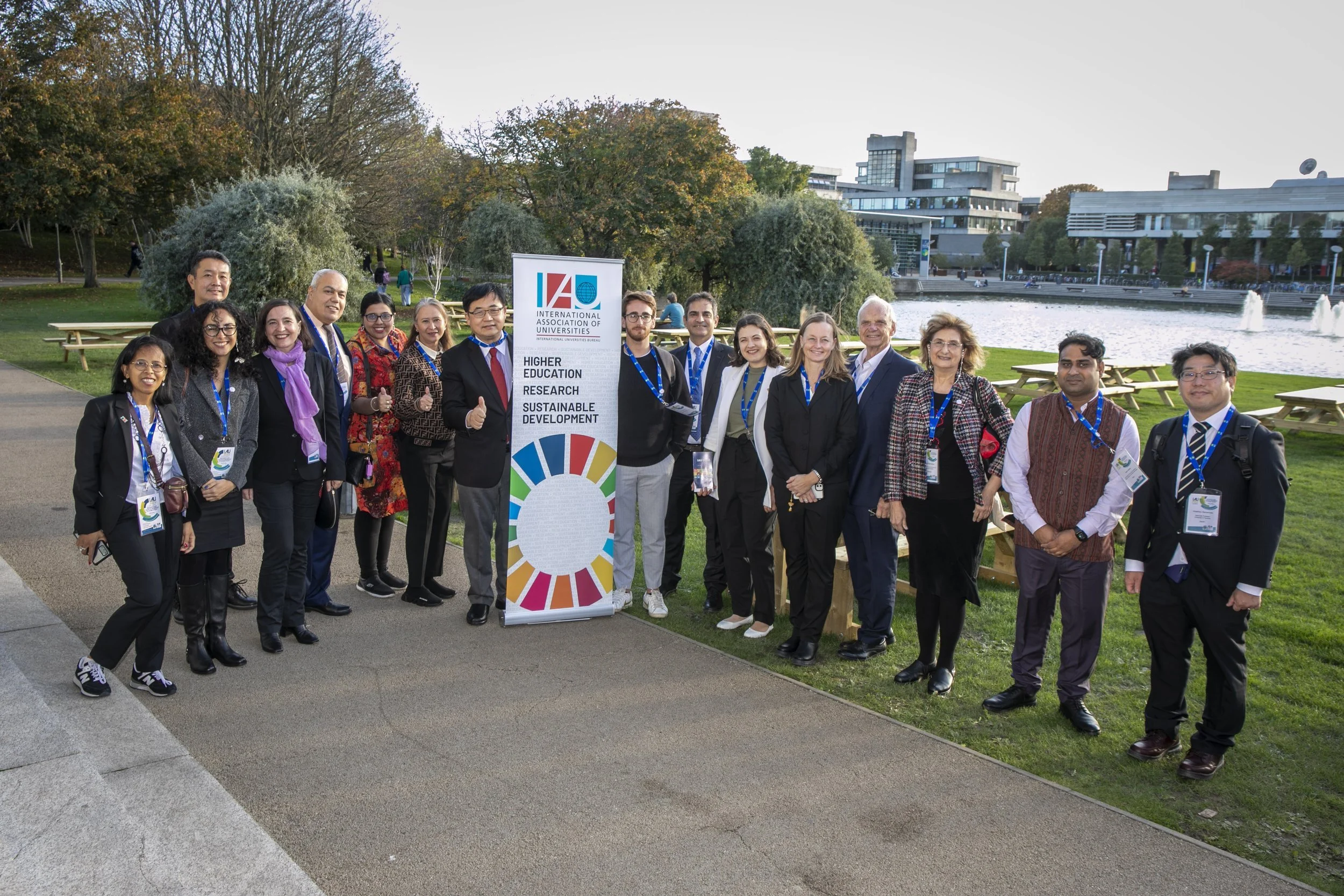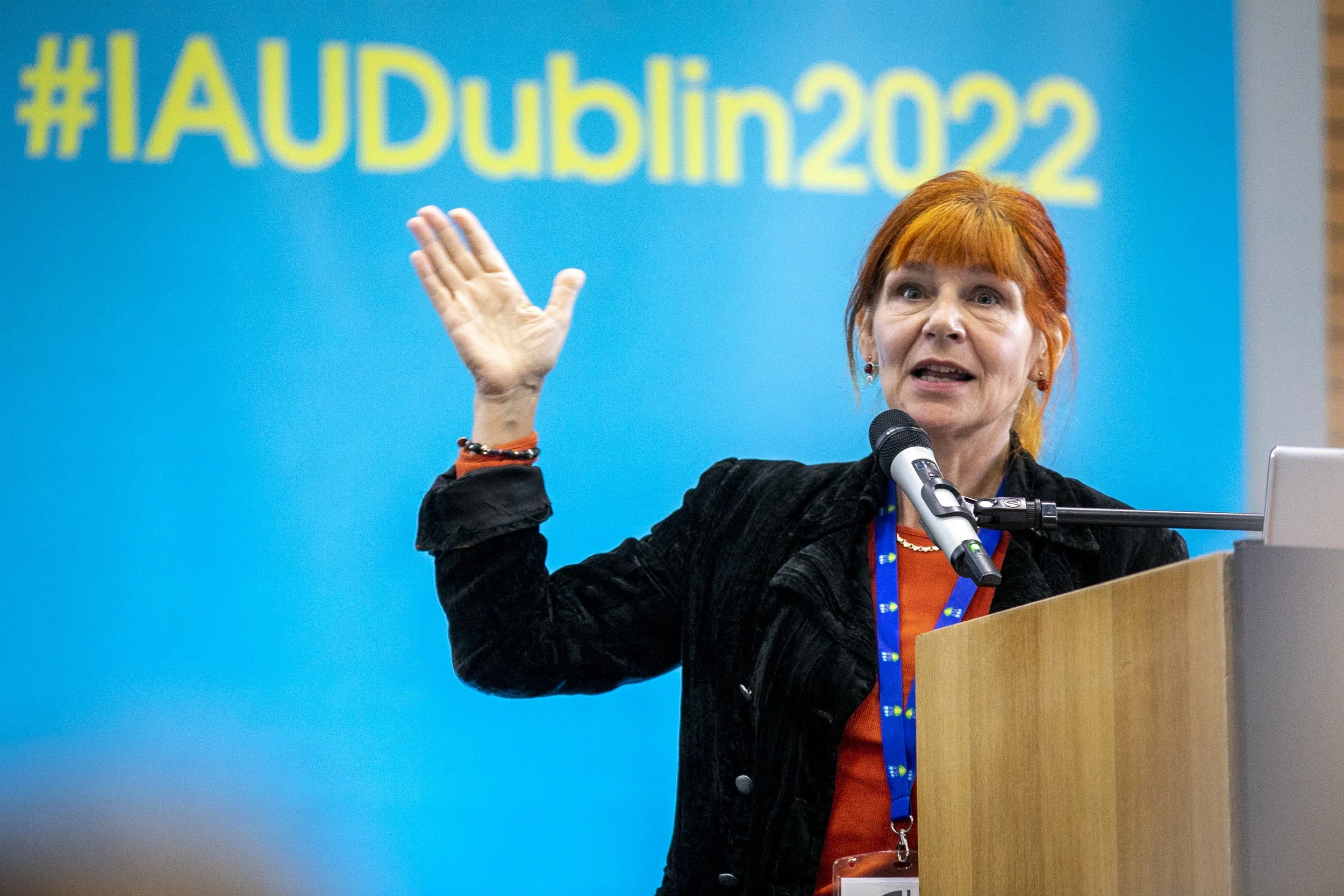Strategy
2030
Higher education is a key stakeholder in the 2030 Agenda for Sustainable Development - Transforming our World. The very mission of universities is to help better understand the world we live in; and, education, research and community engagement should be geared towards generating a better future for all. There is a need for a global movement to reinvigorate and redefine the public purpose of universities as a common good. Together universities and other higher education institutions shape, transform and contribute to creating more democratic, just and sustainable societies.
→ Read the IAU Strategy 2030 here.
Leadership Strategy
The IAU’s leadership priority area focuses on four main objectives:
Advocacy: building awareness of the principles underpinning academic values in defence and promotion of the role of higher education for society.
Think tank and global hub: provide a forum for university leaders in which innovative ideas are discussed, defined and tested for purpose; communicated to influence and persuade, and disseminated among peers and society at large.
Monitoring and dissemination of information, reflections and insights on good leadership and best practices
Capacity-building: to empower globally-engaged and value-based university leaders to navigate complex institutional and systemic challenges through better governance and management.
Internationalization Strategy
The IAU has established three strategic objectives for internationalization directed at different stakeholders:
Knowledge: Higher education institutions around the world have a clear understanding of internationalization and are aware of the latest trends and developments;
Capacity: Higher education institutions around the world have the capacity to develop and implement a comprehensive internationalization strategy;
Advocacy: Governments, international governmental organisations, and nongovernmental bodies share and support the vision of internationalization for society and the global common good.
Sustainable Development Strategy
The overall objectives of the IAU’s Higher Education and Research for Sustainable Development (HESD) priority area are:
To be a think tank and global hub: through the development of strategic alliances, in particular through the IAU HESD Global Cluster Network, IAU strengthens its work in support of the UN Agenda 2030 and the SDGs.
Research: the IAU monitors trends and issues related to HESD; issues reports; evaluates assessment tools related to HESD; creates regional and international research and teaching and learning initiatives among universities committed to SD.
Advisory service: the IAU provides leadership training, capacity building and networking services.
Advocacy: the IAU fosters the ‘Whole Institutional Approaches' at the Leadership level to mainstream SD in all areas and involves all stakeholders in environmental, ethical, social and economic responsibility.
Digital Transformation Strategy
The Association fulfils the following three strategic objectives and lines of action as it carries out its work on digital transformation:
Normative standard-setting and advocacy: the IAU will advocate for the principles and values laid out in the policy statement adopted in 2022 and stands as the voice of higher education in events and drafting processes for policies relating to digital transformation;
Monitoring digital transformation trends: the IAU conducts research to monitor the development of digital transformation in higher education around the world and publishes reports and articles on current trends, challenges and opportunities;
Capacity-building and peer-to-peer learning: the IAU fosters institutional peer-to-peer learning opportunities on innovative digital transformation in higher education through diverse capacity building activities including institutional site visits and thematic expert groups.
Working Groups
Each of the four priority areas’ work is guided and informed by a thematic working group. Working Groups are composed of Board Members and an IAU Secretariat representative. One Board Member acts as the Chair of each working group. Meet the four working groups below.





